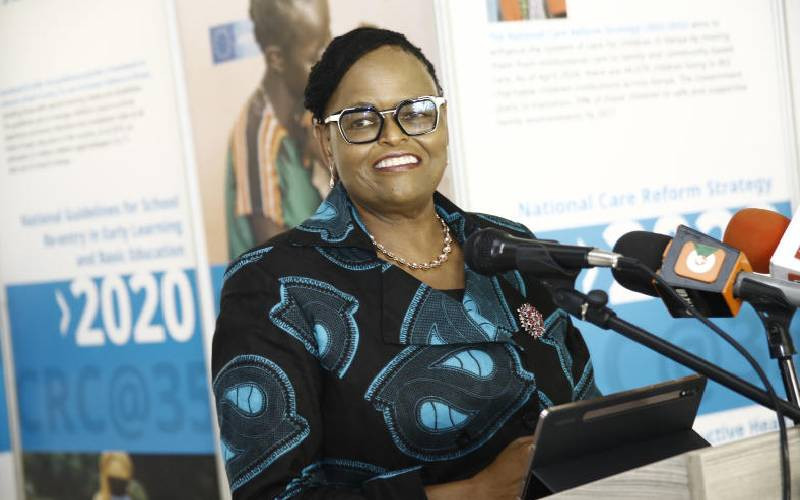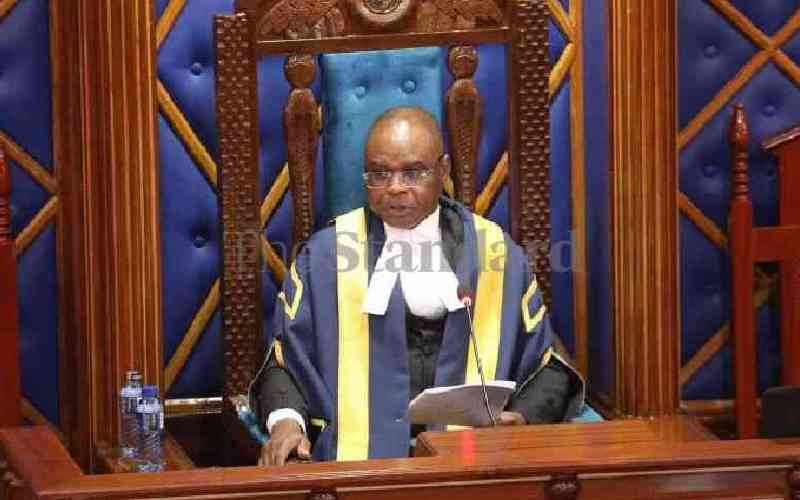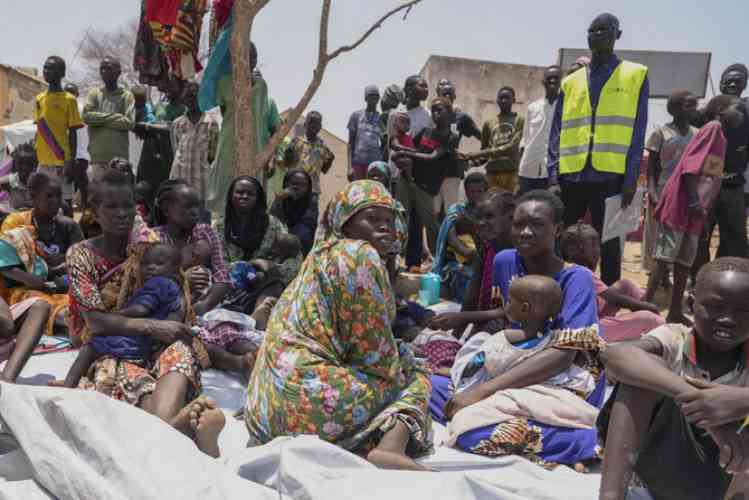
Every year, people across the world mark important dates on the international calendar. Some of these days are to celebrate events and some to reflect and remember. Other days shine a light on the need to change attitudes and laws where these are unfair, degrading and inhumane.
The World Day Against the Death Penalty on October 10 is one such day. This year, the World Day Against the Death Penalty’s focus is on the unseen victims of the death penalty; children whose parents have been sentenced to death or have been executed.
There is a growing recognition by the international community that the human rights of a child can be violated when a parent is sentenced to death or is executed.
This is a matter that has received increased scholarly attention in recent years, and is being addressed by key institutions such as United Nations Human Rights Council, United Nations Special Representative of the Secretary General on Violence against Children as well as United Nations General Assembly.
A child whose parent is sentenced to death or executed is denied the most basic human rights – the right to be free from cruel, inhumane and degrading treatment and the right to education, to health and shelter.
The ritual of execution, including the cycles of hope and disappointment associated with the lengthy appeals and review process, expose the children of the accused to extraordinary levels of stress and psychological trauma that can have a long-term impact well into adulthood.
In East Africa, with the exception of Rwanda and Burundi, the death penalty is still retained for major crimes such as murder and armed robbery.
While no executions have been carried out in the last few years, the courts continue to hand down death sentences and their impacts – both on the accused and the child – are still felt.
Apart from psychological and emotional torture, children whose parents are on death row are likely to lack basic needs and caregivers. The situation can be made even worse if it is the mother who is on death row. Without a caregiver, facing stigmatisation, and weighed down by the thought of their parent being sentenced to death or awaiting to be executed by the state, these children are likely to turn to crime and drugs.
The United Nations Special Representative of the Secretary-General on Violence against Children has previously noted that the loss of a parent through the death penalty, unlike a natural death, can lead to a sense of anger by the affected children towards the state.
They may suffer from post-traumatic stress disorder, have a low self-esteem, and lose concentration and interest in school. With the family bread winner either in prison or executed, some may be forced to become economically active to support the family.
The effects of the death penalty on children can be more severe when the victim of the alleged crime is a partner. In this instance, the child is affected by both the crime and the conviction. Where an execution is carried out, the child is rendered an orphan by the state.
It is logical to argue that the death penalty contravenes a number of sections of the Convention on the Rights of the Child, and members of the East African Community are party to this widely ratified human rights instrument.
The convention guarantees every child the right to freedom from violence, the right to special protection and assistance when actions by the state causes a child to be deprived of his or her family environment, and the right to an adequate standard of living for the child’s physical, mental, spiritual, moral and social development.
Stay informed. Subscribe to our newsletter
Special care
This impact would be avoided if states were to honour a fundamental obligation in the convention, which says the best interest of the child should be the primary consideration in all actions of the state.
There is clearly a need to understand the full impacts and consequences that a parent’s death sentence has on the child in order to provide the special care and protection that he or she may need. This will also help to identify interventions, assistance or policy changes that could prevent and/or mitigate their suffering.
We note the progress in law and policy across East Africa to limit the application of the death penalty, particularly in Kenya and Uganda.
However, only the abolition of the death penalty in all cases and in all countries will bring humanity and fairness, including for the innocent children who also suffer from this brutal and degrading action.
Ms Chartres is the Australian High Commissioner to Kenya, Tanzania and Uganda, and Ambassador to Rwanda, Burundi and Somalia. Mr Muthuri is the African Prisons Project Legal Aid Manager
 The Standard Group Plc is a
multi-media organization with investments in media platforms spanning newspaper
print operations, television, radio broadcasting, digital and online services. The
Standard Group is recognized as a leading multi-media house in Kenya with a key
influence in matters of national and international interest.
The Standard Group Plc is a
multi-media organization with investments in media platforms spanning newspaper
print operations, television, radio broadcasting, digital and online services. The
Standard Group is recognized as a leading multi-media house in Kenya with a key
influence in matters of national and international interest.
 The Standard Group Plc is a
multi-media organization with investments in media platforms spanning newspaper
print operations, television, radio broadcasting, digital and online services. The
Standard Group is recognized as a leading multi-media house in Kenya with a key
influence in matters of national and international interest.
The Standard Group Plc is a
multi-media organization with investments in media platforms spanning newspaper
print operations, television, radio broadcasting, digital and online services. The
Standard Group is recognized as a leading multi-media house in Kenya with a key
influence in matters of national and international interest.










